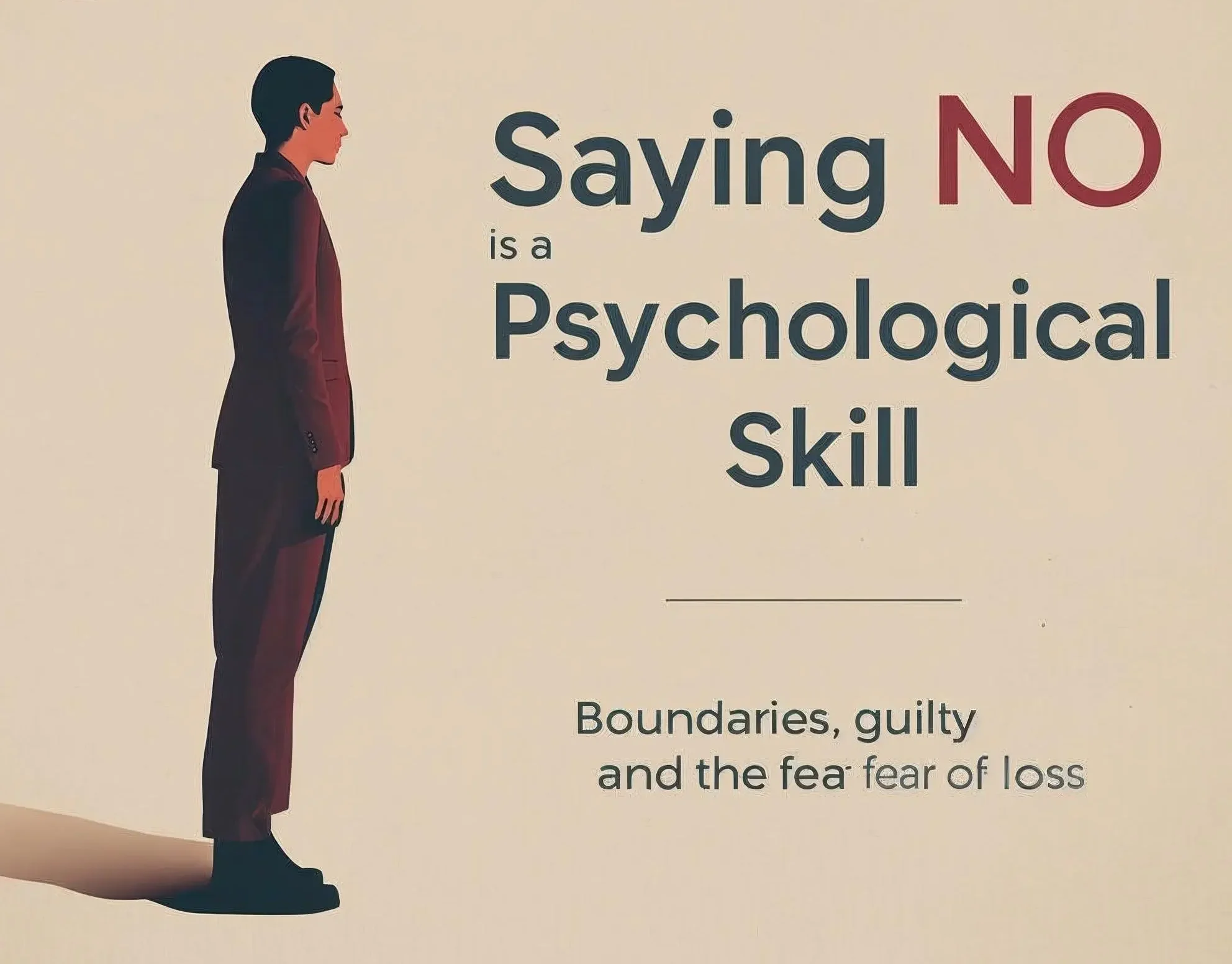7 Hidden Truths About the Fear of Success: Why We Hold Ourselves Back
What Is the Fear of Success?
When people talk about fear, failure is the first thing that comes to mind. We fear rejection, mistakes, or falling short. But many overlook another powerful and often hidden fear—the fear of success.
It may sound paradoxical, but for many individuals, achieving success feels more terrifying than failing. This fear is not about reaching goals—it’s about the new responsibilities, visibility, and expectations that come with them.
1. Fear of Expectations After Success
Once someone succeeds, the bar is raised. What once was impressive becomes the new baseline. For many, the fear of success is really the fear of constant pressure to deliver.
Example: A young athlete wins a national competition. Instead of celebrating, she feels crushed by the idea that people will expect her to win every time. What once felt like joy now feels like pressure.
2. Fear of Losing Authenticity
Success can create the belief that you must change who you are to maintain it. Many fear that they’ll lose their freedom or originality.
Example: An artist gains recognition for her unique style. Instead of feeling proud, she worries that fans will only accept that one style and she’ll never be free to experiment again.
3. Fear of Visibility and Criticism
With success comes visibility, and with visibility comes the risk of judgment.
Example: A startup founder gets featured in the media. Almost immediately, online critics begin dissecting her choices, even making personal attacks. The recognition she dreamed of now feels like a spotlight she wants to escape.
4. Self-Sabotage as Protection
Some people unconsciously block their own opportunities because success feels too heavy to carry.
Example: A student receives an offer for a prestigious scholarship abroad. Instead of completing the final paperwork, he delays and eventually misses the deadline. Deep down, he fears he won’t live up to expectations once he’s there.
5. The Psychological Paradox
Fearing success often reflects not weakness, but integrity. People fear success because they want to protect their values and relationships.
Example: A manager turns down a promotion because she worries the new role will consume all her time and keep her away from her children. Her fear of success comes from love and responsibility, not lack of ambition.
6. How to Redefine Success
Redefining success in personal terms reduces the fear around it.
Example: A teacher stops measuring success only by promotions or salary. Instead, she defines it as making a difference in her students’ lives. With this shift, success becomes a source of purpose instead of pressure.
7. The True Lesson of the Fear of Success
At its core, the fear of success is the fear of losing yourself. But true success doesn’t erase authenticity—it expands it.
Example: A musician worries that fame will corrupt him. Yet when he sets clear boundaries and commits to projects aligned with his values, he realizes he can grow in visibility while staying true to who he is.
The fear of success is not about laziness or lack of ambition. It’s about the deep human concern of staying authentic, connected, and grounded in a world that places heavy demands on those who stand out.
When we redefine success as alignment with values rather than endless external approval, the fear loses its grip.
True success is not about becoming someone else.
It is about becoming more fully yourself without apology.
Recommended Literature
**Jonah Complex (Fear of success or realizing potential)** – Wikipedia
Describes the “Jonah complex,” a psychological concept coined by Abraham Maslow referring to the fear of one’s own greatness and self-actualization.
👉 Read here Harvard Business Review+11Wikipedia+11
“The Fear of Success Can Sabotage Your Life Goals” – Psychology Today (May 2021)
An insightful article on how fear of success can derail personal goals and the importance of self-awareness to overcome it.
👉 Read here PubMed+11Psychology Today+11Psychology Today+11
“The Dangers of Feeling Like a Fake” – Harvard Business Review (September 2005) by Manfred F. R. Kets de Vries
A classic exploration of impostor feelings—fear of failure, fear of success, perfectionism—and how these can sabotage high achievers.
👉 Read here ACS+8Harvard Business Review+8ResearchGate+8Semantic Scholar+2ResearchGate+2
“The Fear of Success” – Psychology Today (December 2002) by Hara Estroff Marano
Explores why success can trigger fear, strategies like future-visioning to overcome it, and the emotional underpinnings of this paradoxical fear.
👉 Read here Wikipedia+13Psychology Today+13Psychology Today+13
“Can Fear of Success Become an Obstacle?” – Psychology Today (March 2018) by Theo Tsaousides, Ph.D.
Discusses how success can bring stress, isolation, and pressure to maintain performance—and offers ways to reframe and handle those pressures.
👉 Read here Psychology Today+1















Post Comment